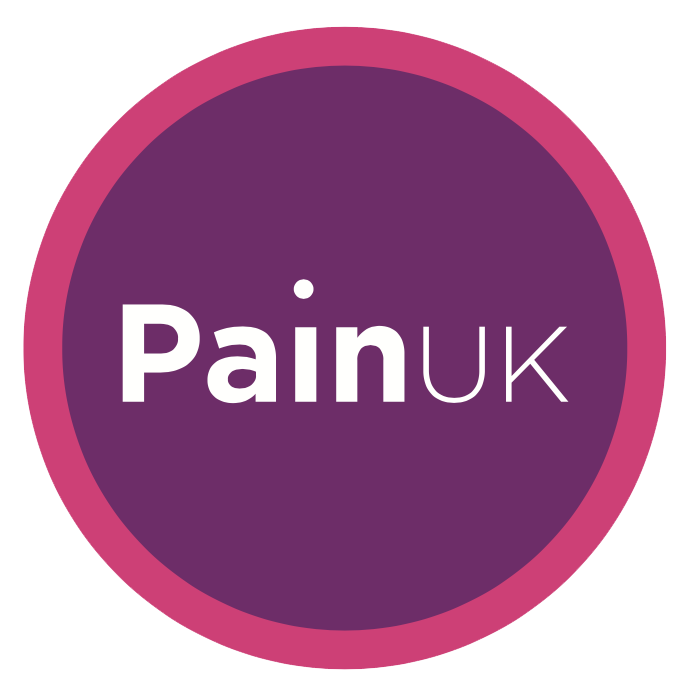Pain Charter
We are inviting places of care to display the Pain Charter and undertake to support these principles
Get your CopyThis place of care (insert name…………………………………………………..) is committed to understanding & managing your pain as follows:
We will:
LISTEN
Listen to you: we want to know about your pain, what sort of pain you have and how it effects your daily life and your quality of life. We know that pain also affects those around someone who lives with pain and so we are also committed to listening to your family, friends and other carers.
BELIEVE
We will believe what you tell us: we know that many people who live with pain sometimes don’t feel believed. We know that this can be a big barrier in you getting the right care and feeling cared for. If at any time you don’t feel believed, please tell the person treating you. They need to have this feedback to help with your care but also help with others like you in the future.
DIAGNOSE
‘Diagnosis of your pain can be complex, sometimes it is not possible to diagnose the cause of your pain but a diagnosis of the type of pain you have should be made. Pain that is likely to get better quickly is called Acute Pain, however pain that lasts longer than 3 months, that comes and goes or is permanent is called Chronic or Persistent Pain – this type of pain may be considered a Long Term Health Condition. There are lots of names and description for pain – the key is that a health care professional is assessing and diagnosing your pain.’
TREAT/CARE
We will treat your pain, if your pain is bothering you, we need to know. We will keep asking you about your pain, this is so that we can give you the right medicine. You can help by telling us how your pain is effecting you and how bad your pain is. One of the most important aspects of pain management is us giving you tools so you can help manage your own pain. Pain is best managed when the health care professional and the patient work closely together with full understanding of what is trying to be achieved.
Imagine today having the worst pain you may have ever experienced
Imagine having this pain again tomorrow
And every day the next week and the next month
Imagine having this pain every day for the rest of your life
Imagine not being able to access treatments that help.
Pain UK is an alliance of charities providing support and help for people living with chronic pain.
We represent over 30 large and small charities from across the UK.
Pain affects us all
The Department of Health recognises chronic pain both as a long-term condition in its own right and as a component of other long-term conditions.
Across the UK there are currently 14 million people living with chronic pain.
Health and social care
- 66% of people attending A & E seeking help with pain had made 3 visits to a health care professional in the preceding weeks.
- 16% of chronic pain patients feel that their chronic pain is so bad that they sometimes want to die.
Welfare and benefits
- Of the 14 million people living with chronic pain, 3.5 million said their pain had kept them from their usual activities, including work, on at least 14 days in the last 3 months.
Employment
- The CMO report states that 25% of chronic pain patients lose their jobs, this contributes to 42% in the lowest income households being more likely to report chronic pain, compared with 27% in the highest.
- 41% of people who attended pain clinics report that their pain has prevented them from working and 13% have had to reduce their hours.
Societal impact
- Low back pain is ranked highest out of 291 conditions examined by the Global Burden of Disease study, ranking number 1 for years lost to disability worldwide.
- In fact 5 of the top 12 disabling conditions globally are persistent chronic pain conditions: low back and neck pain, migraine, arthritis and other musculoskeletal conditions.
